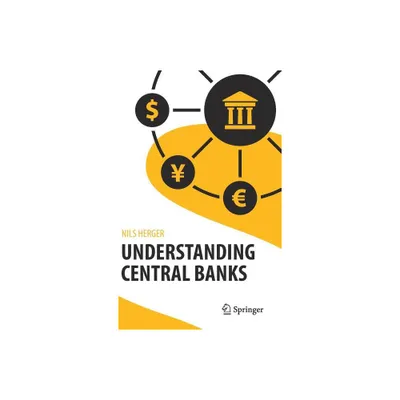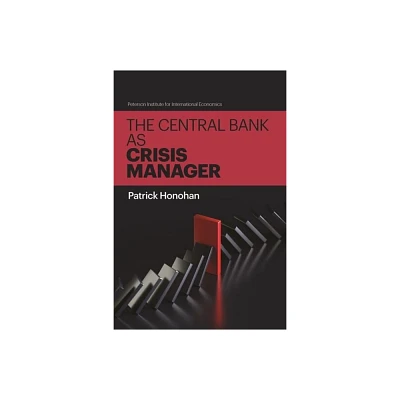Home
Balance of Power: Central Banks and the Fate Democracies
Loading Inventory...
Barnes and Noble
Balance of Power: Central Banks and the Fate Democracies
Current price: $25.00


Barnes and Noble
Balance of Power: Central Banks and the Fate Democracies
Current price: $25.00
Loading Inventory...
Size: Hardcover
*Product Information may vary - to confirm product availability, pricing, and additional information please contact Barnes and Noble
Central banks now stand between societies and collapse, but are they still democratic?
Two decades of financial crises have dramatically expanded central banks’ powers. In 2008, and then again in 2020, unelected banking officials found themselves suddenly responsible for the public welfarenot just because it was necessary but based on an idea that their independence from political systems would insulate them from the whims of populism. Now, as international crises continue and the scope of monetary interventions grows in response, these bankers have become increasingly powerful.
In
Balance of Power
, economist and historian Éric Monnet charts the rise of central banks as the nominally independentbut unavoidably politicalsuperpowers of modern societies. This trajectory, Monnet argues, is neither inevitable nor unstoppable. By embracing the political natures of today’s central banks, we can construct systems of accountability for how they interact with states and societies. Monnet shows that this effort will do more than guard against unjust power; it will put the banks to work for greater, more democratic ends.
With existential challenges looming and the work of the Federal Reserve and European Central Bank more important than ever,
offers a trenchant case for what this century’s central banks canand mustbecome.
Two decades of financial crises have dramatically expanded central banks’ powers. In 2008, and then again in 2020, unelected banking officials found themselves suddenly responsible for the public welfarenot just because it was necessary but based on an idea that their independence from political systems would insulate them from the whims of populism. Now, as international crises continue and the scope of monetary interventions grows in response, these bankers have become increasingly powerful.
In
Balance of Power
, economist and historian Éric Monnet charts the rise of central banks as the nominally independentbut unavoidably politicalsuperpowers of modern societies. This trajectory, Monnet argues, is neither inevitable nor unstoppable. By embracing the political natures of today’s central banks, we can construct systems of accountability for how they interact with states and societies. Monnet shows that this effort will do more than guard against unjust power; it will put the banks to work for greater, more democratic ends.
With existential challenges looming and the work of the Federal Reserve and European Central Bank more important than ever,
offers a trenchant case for what this century’s central banks canand mustbecome.


















